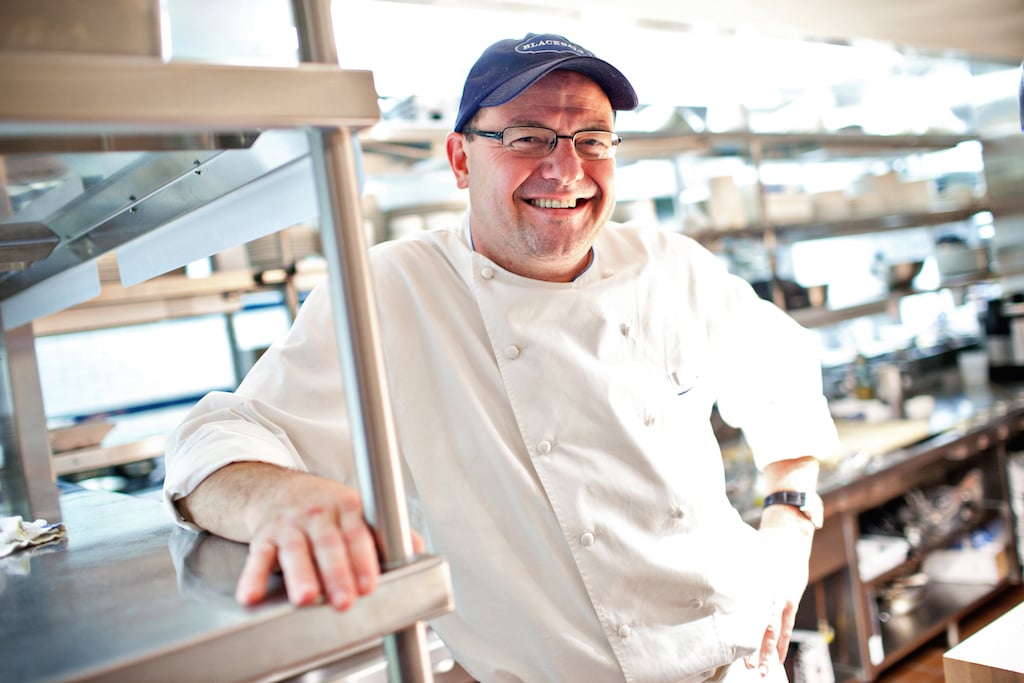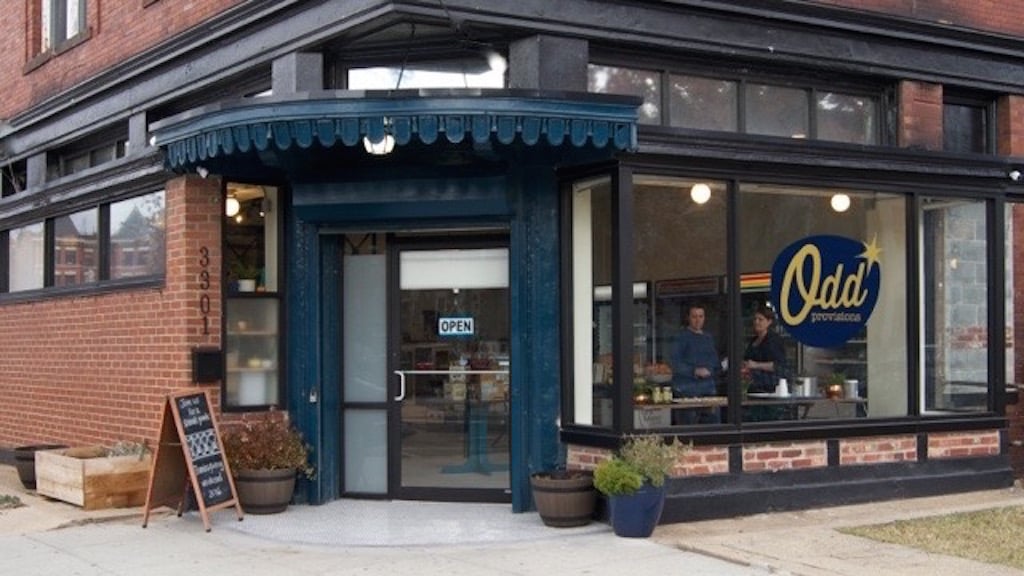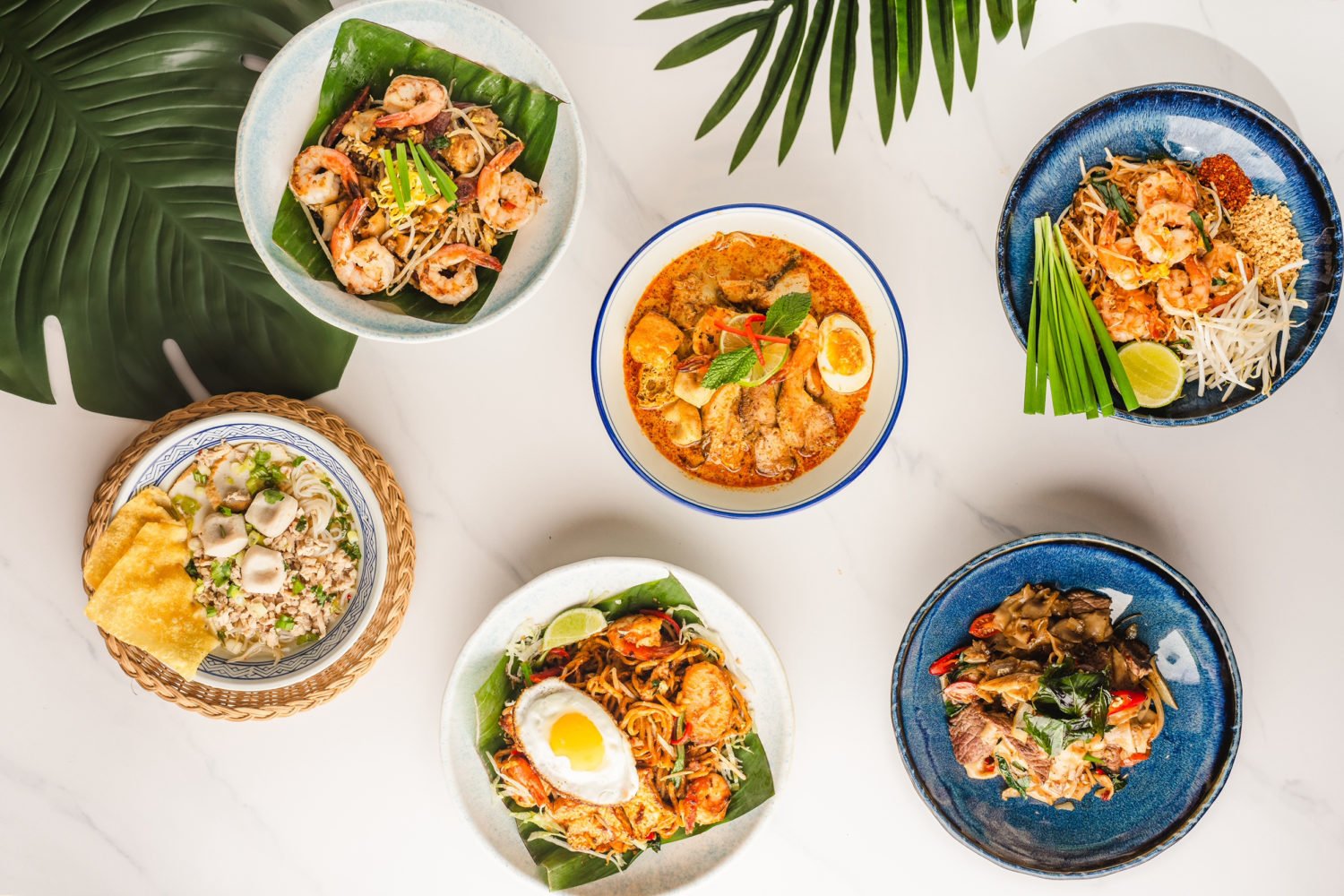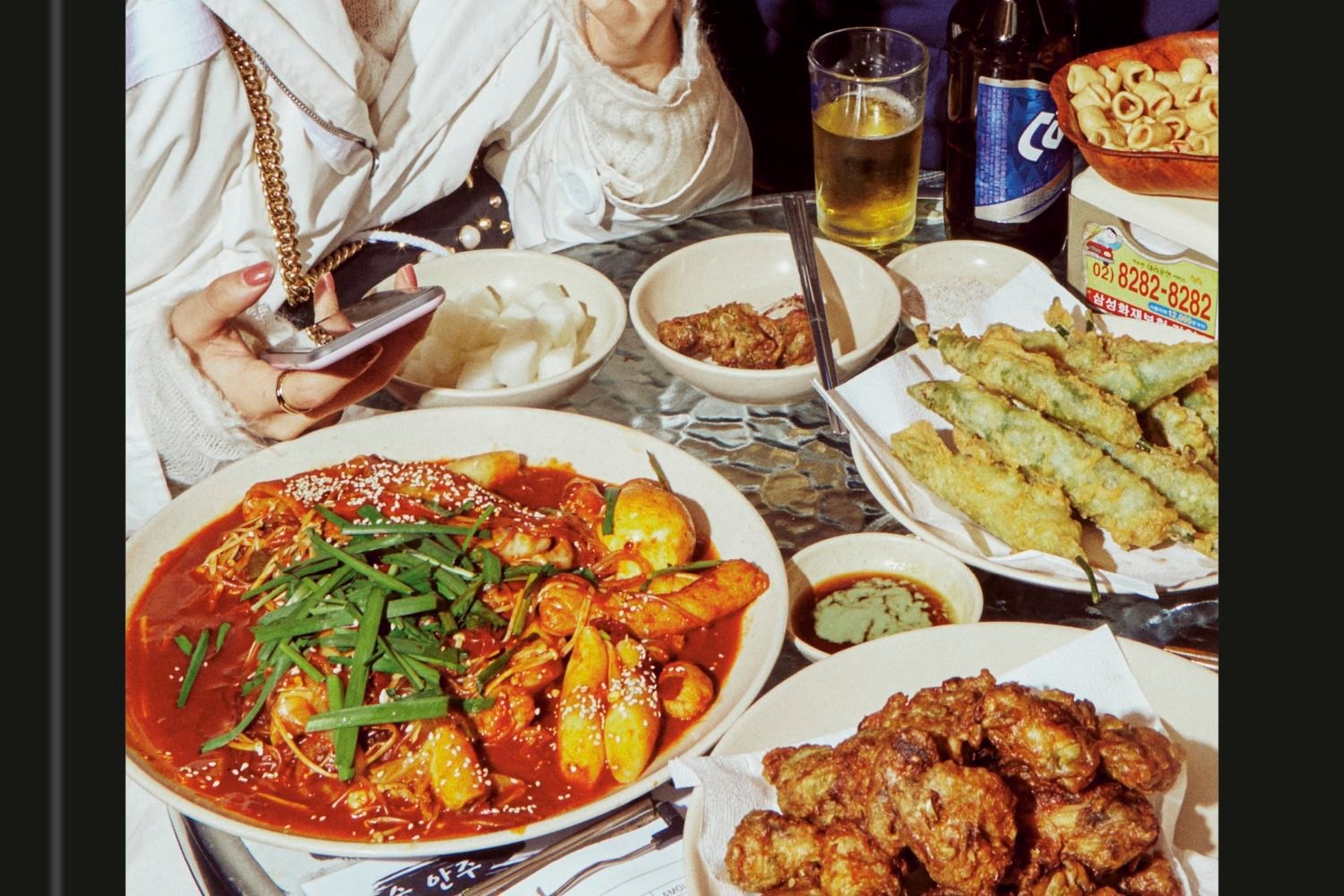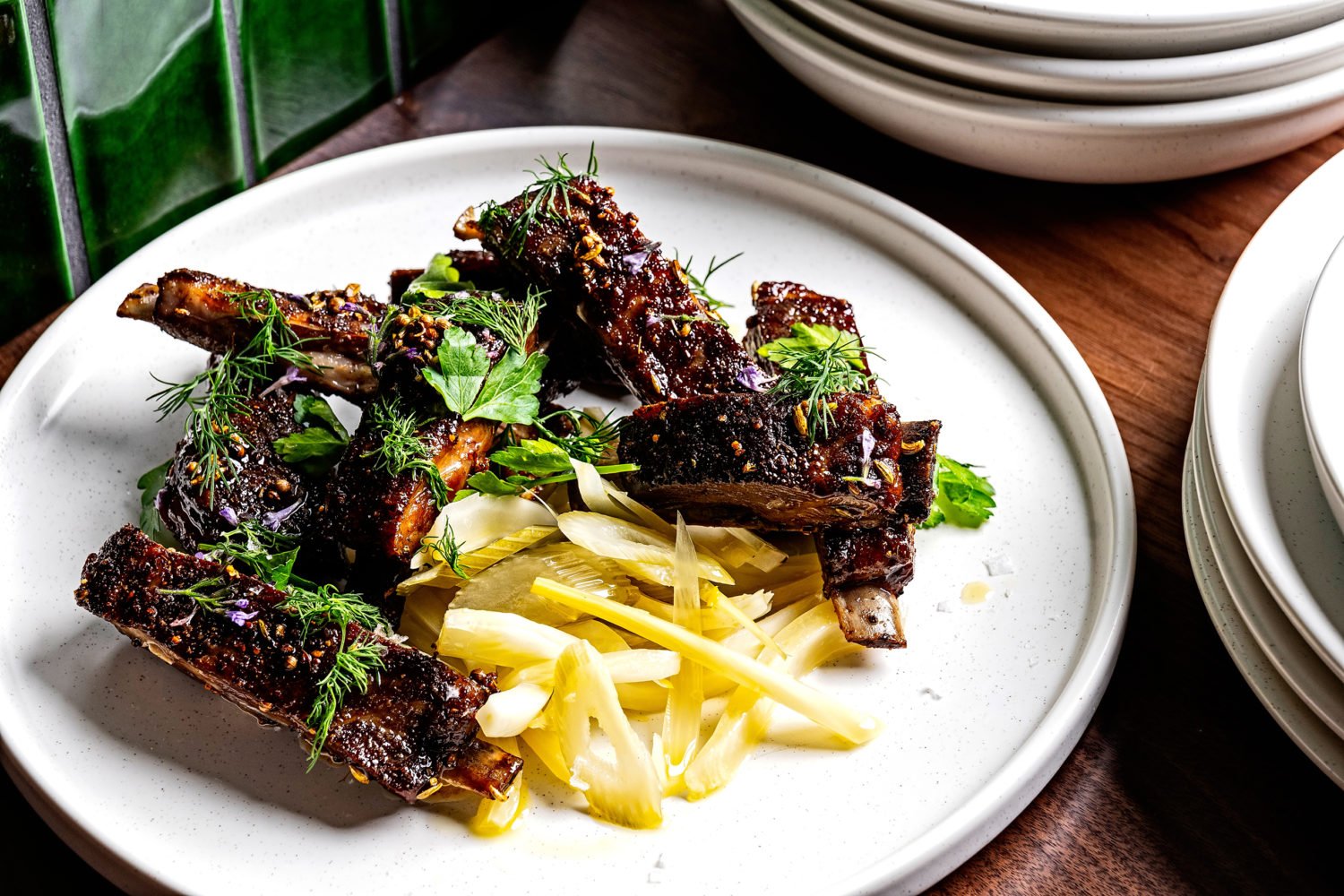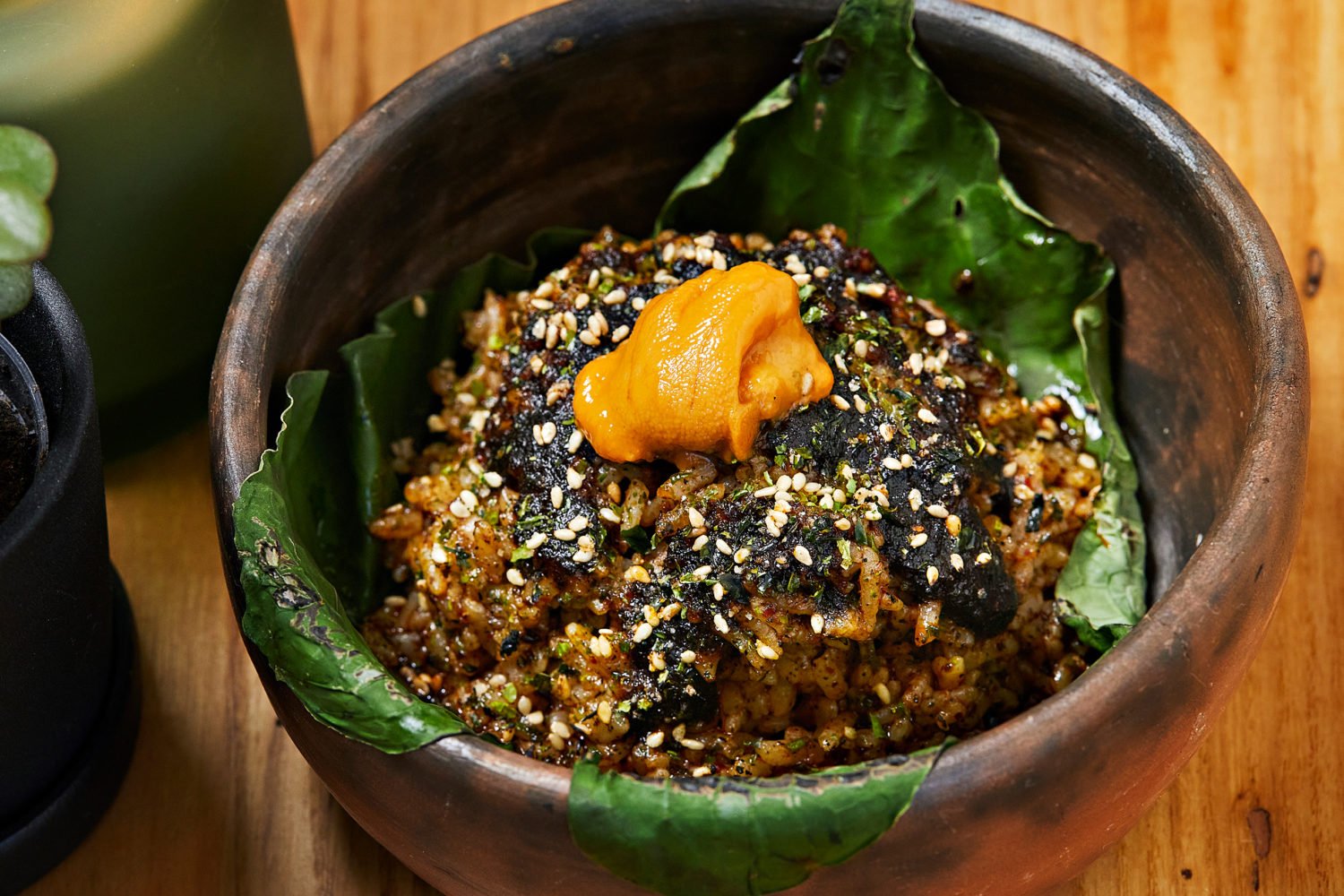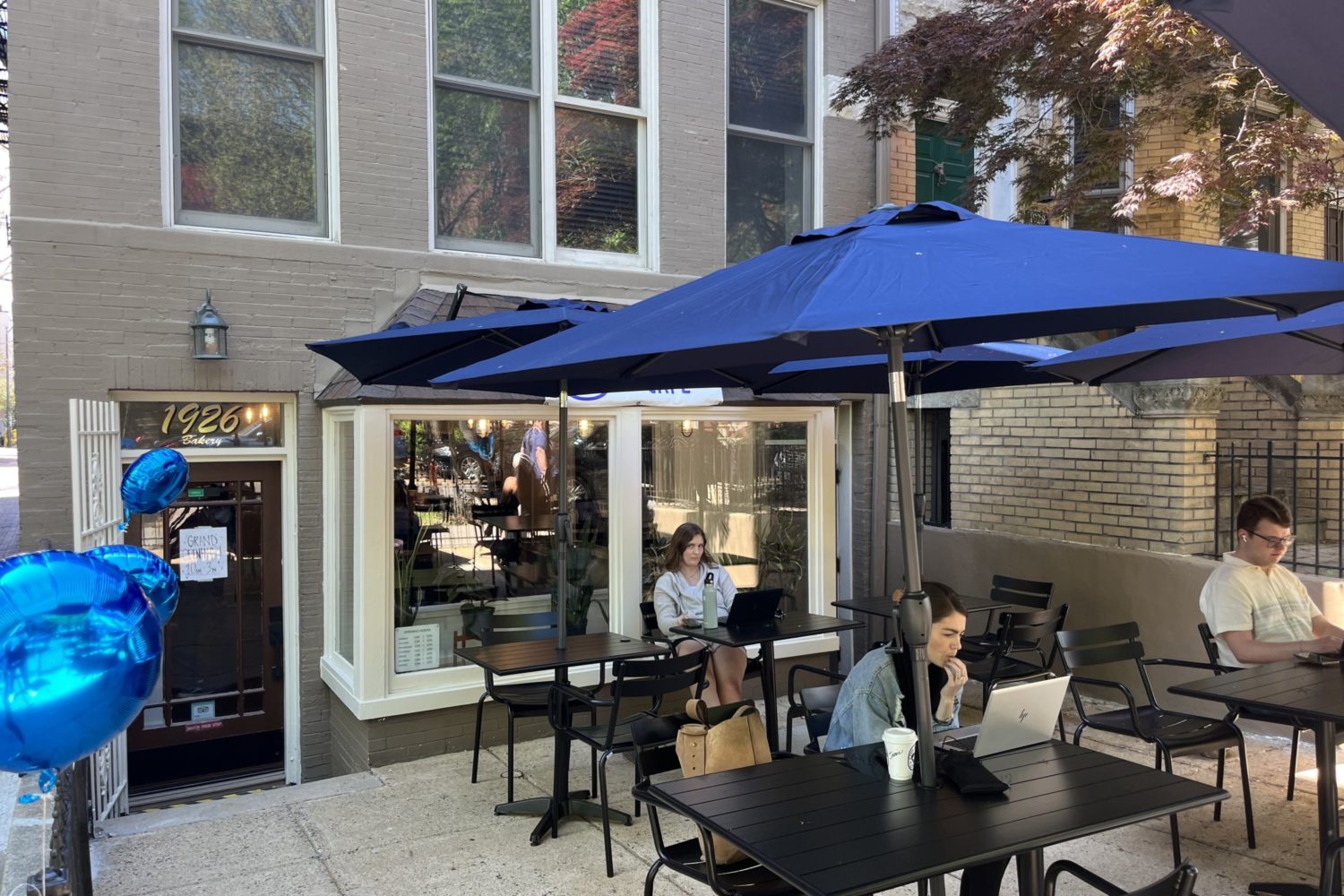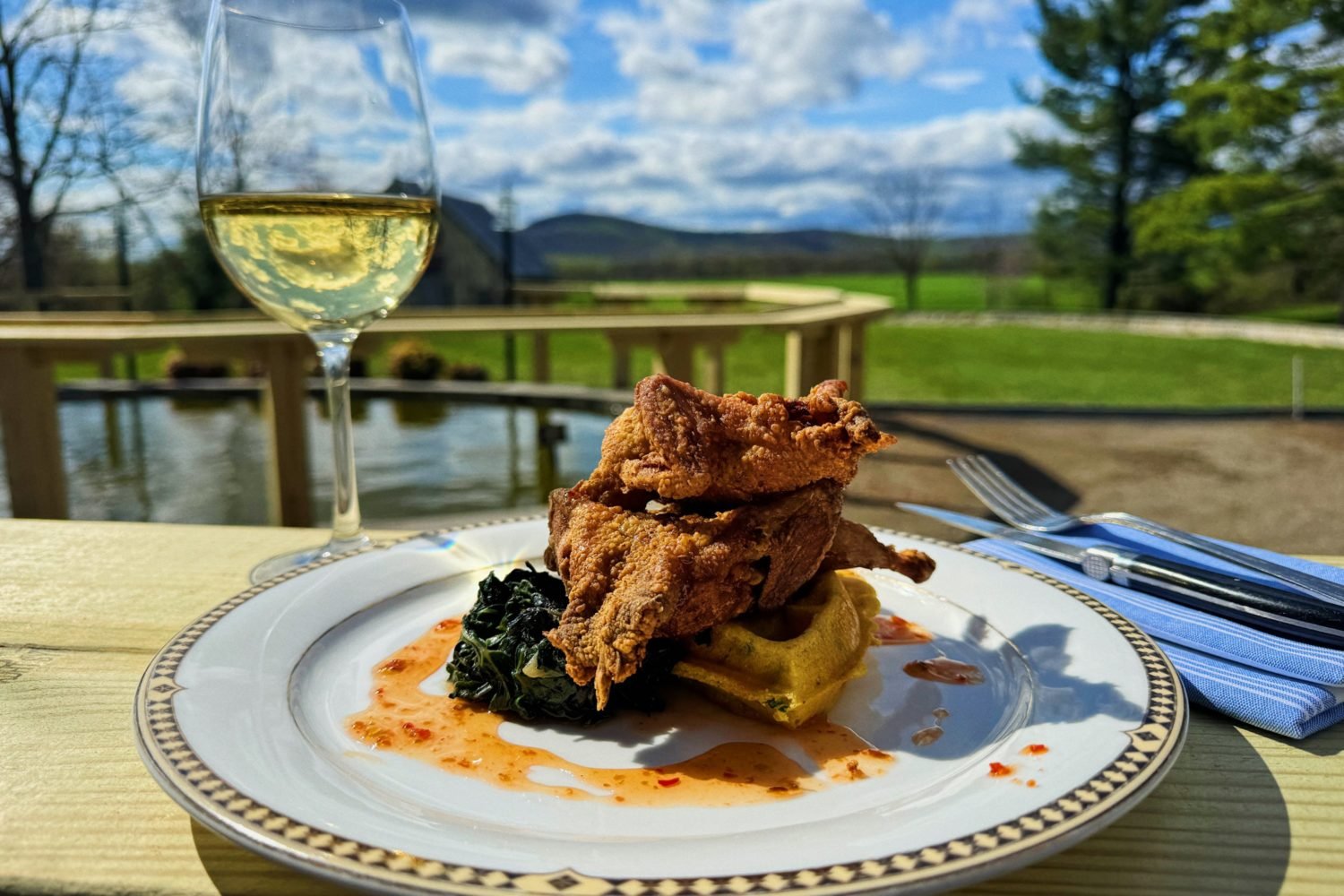The first two people that chef and restaurateur Jeff Black consulted before he officially decided to get in the medical cannabis business were his kids, then 12 and 13.
“I sat them down, and I said, ‘I’m not going to do this if there’s going to be some stigma against you in school. I’m not going to do this if you’re going to carry some burden,'” Black says.
But as he talked through it, his youngest son started spouting off medical data about the benefits of cannabis. “I was like, ‘Where do you know that from?’ He’s like, ‘I want to be a doctor, dad. I know everything,'” Black recalls. “He was the one who was like, ‘You need to do this. You should do this. This is important.'”
Black is now a partner in Doctor’s Orders, one of Maryland’s newly licensed medical cannabis companies. Mackie Barch, the son of one of Black’s longtime regulars, helped get the restaurateur involved. He thought Black’s business acumen made him a good fit—and if they were ever allowed to produce edibles, those culinary skills could certainly come in handy. Now after more than three years of navigating new regulations, the company just got the green light to begin growing cannabis plants at a cultivation center in Cambridge, Maryland. Black expects they’ll have the first crop by the end of the year.
Black had always felt that it was kind of hypocritical that marijuana was demonized, while beer is advertised all over the Super Bowl. Still, he says he wasn’t totally comfortable with the idea of getting professionally involved with it at first. He worried that it might have a negative impact on his restaurants, which include Pearl Dive Oyster Palace, BlackSalt, Addie’s, and others. “We’ll be looking like outlaws, or we’ll be looking like criminals,” he recalls thinking.
But as Black started doing research and meeting doctors and others in the cannabis business, he found it was much more legitimate than he’d imagined. “It’s indoor farming, and it’s hard work,” he says. “It’s not like some hippie sitting in the corner smoking a joint going, ‘Hey dude, let’s go to a show later.'”
Black also began to think about how cannabis might have helped his sister, who died of lymphoma cancer in the early 1980s. During treatment, she lost her appetite and dropped so much weight she was “skinny as a rail.”
Years later, Black watched a friend and former employee make gummy edibles for his mother with cancer. “She would just chew on them really slowly and it would release enough cannabis to get her appetite going, so she could actually eat something,” Black says. It was first real exposure to someone benefitting medically from cannabis.
Black is now one of four main partners in Doctor’s Orders, which will likely change its name at some point. The others include Herb P. Wilkins Jr. (a venture capitalist whose father was an early investor in BET and Radio One), Tyler Weinberg (whose family is involved in Cordish Companies, a big real estate developer that owns Maryland Live! Casino), and Barch (who used to work in the pharmaceutical industry). While Black was previously the Chief Operating Officer of the group, he’s since handed day-to-day management over to Barch.
Baltimore County Del. Dan Morhaim was initially involved as a consultant, but he’s since backed out amid state ethics violations. He failed to disclose his role in the company while helping to shape Maryland’s medical cannabis regulations. (“He assured us everything was legit. It turns out everything wasn’t completely legit,” Black says.)
Doctor’s Orders owns 12 acres of land in Dorchester County with a 8,000-square-foot warehouse for growing. The facility also contains a lab for processing cannabis that Black hopes will be approved in the next week or two.
Doctor’s Orders has a pre-approval to operate a dispensary, too, although it hasn’t begun building one yet. Black says they have their eyes on a property in Baltimore. “It’s near a police station, which we like, because dispensaries get robbed quite a bit,” he says. Until then, they plan to sell through other state-sanctioned dispensaries in Maryland.
While it’s all new to Black, he’s found some similarities with the restaurant business. He’s accustomed to the many regulations and permitting. He knows about getting buy-in from the community. He understands the scrutiny.
“If a kitchen has contaminated food or doesn’t have good food handling purposes, people can get hurt, they can get sick. It’s in the public good to make sure restaurants do the right thing,” he says. “Well, this is kind of the same animal, and the state has to be very concerned about how we do what we do.”
Still, it’s unclear to what extent Black will get to put his cooking skills to use when it comes to cannabis. Maryland allows licensed processors to make extracts, oils, and tinctures, but regulations haven’t yet been developed for food.
“It leaves us very much in a gray area,” Black says. “We don’t want to commit to a bunch of a equipment to make some product that the state’s going to turn around and say, ‘No we’re not going to allow it.'”
But if recreational marijuana is legalized—which Black suspects it will be someday—he is ready. The chef already has some recipe ideas, although he doesn’t want to share them for fear that someone will steal them.
“If a cannabis restaurant were to erupt,” Black says, “I could have a menu literally in days.”

